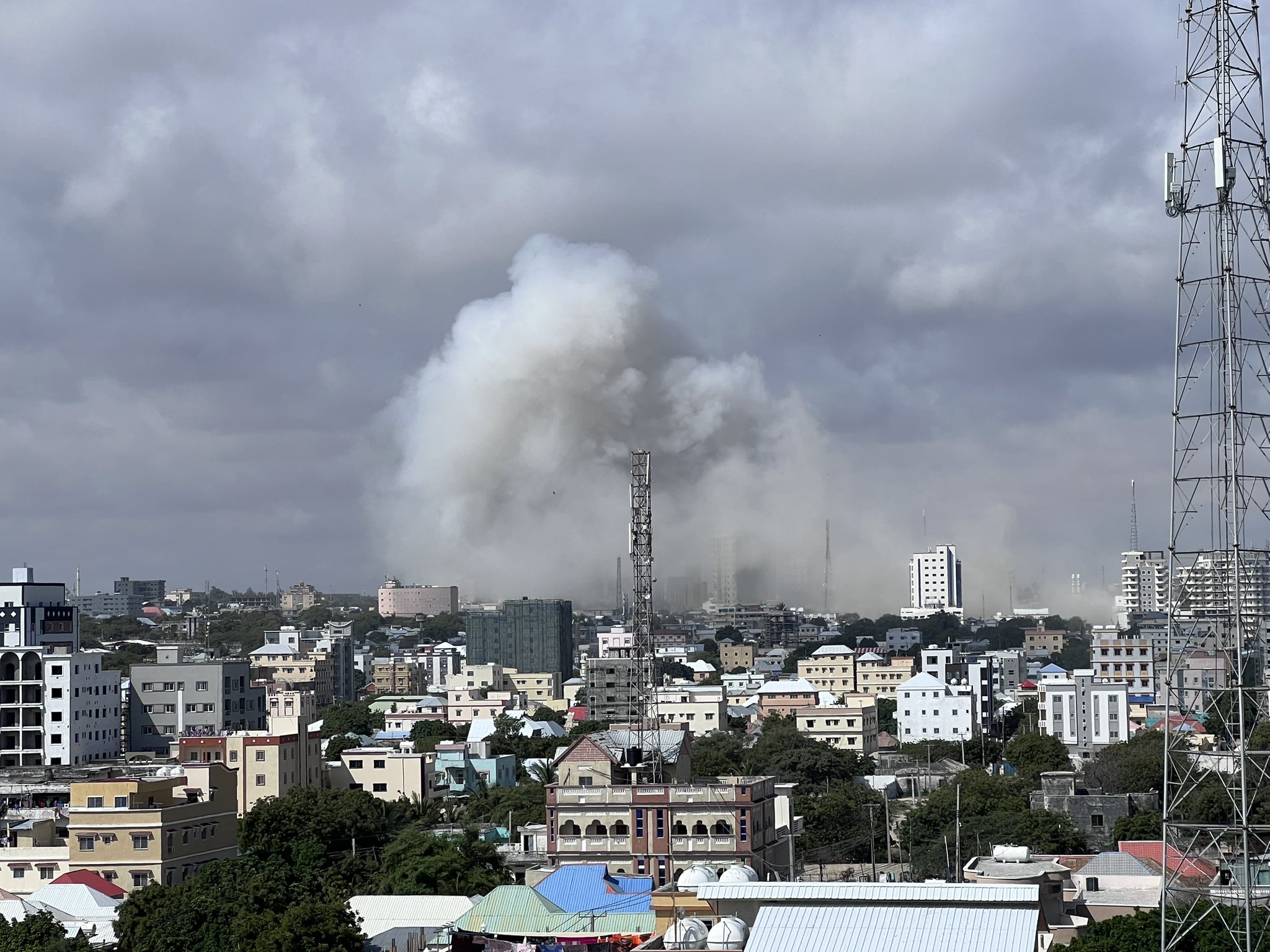No group has formally taken responsibility for the attack, though Somalia’s government has pinned the blame on Al Shabab.
Qatar has strongly condemned and denounced an attack that struck outside the education ministry in Somalia’s capital Mogadishu on Saturday.
At least 100 people were killed and 300 injured when two car bombs rocked the capital city, Somalia’s President Hassan Sheikh Mohamud said.
Placing the blame for the assaults on the Al-Shabab militia, Mohamud told reporters on Sunday that he anticipated the death toll from the twin explosions to increase.
“Our people who were massacred … included mothers with their children in their arms, fathers who had medical conditions, students who were sent to study, businessmen who were struggling with the lives of their families.”
No group, however, has immediately claimed responsibility for the attacks.
Al-Shabab often refrains from taking credit for assaults that leave a large number of people dead or wounded, reports said.
In a statement, Qatar’s Ministry of Foreign Affairs reiterated the Gulf country’s firm stance again violence and terrorism regardless of the motive.
The ministry also expressed its condolences to the families of the victims, as well as the Somali government and the people of the nation.
The first explosion in Mogadishu happened close to a busy intersection and struck the the headquarters of the Somali Ministry of Education and Higher Education. The second tore through as rescuers gathered and ambulances arrived to assist the injured.
The attack occurred in the same location as the deadliest bombing in Somalia’s history, which claimed more than 500 lives in the same month in 2017. A truck bomb detonated near a bustling hotel at the K5 crossroads, which is surrounded by government buildings, restaurants, and shops.
The government of Somalia pinned blame of the October 2017 massive truck explosion that claimed at least 500 lives in the nation’s capital on Al-Shabab. The attack, reportedly, marked the deadliest bombing East Africa has ever faced.
The militia group, however, did not claim responsibility for that brutal incident.
Al-Shabab
Meaning “The Youth” in Arabic, the group first emerged as the extremist youth wing of the now-defunct Union of Islamic Courts in Somalia, which ruled Mogadishu in 2006 before Ethiopian forces drove them out.
Imposing radical views, the group oversees the stoning of women accused of adultery to death, as well as amputating the hands of thieves.
Ahmed Abdi Godane, the Al-Shabab leader at the time, “pledged obedience” to the late Ayman Al Zawahiri in a joint video that was broadcast in February 2012.
Reportedly, Al-Shabab also holds connections to other militant groups in Africa, including Boko Haram in Nigeria and Al-Qaeda in the Islamic Maghreb, which is based in the Sahara desert.
Al-Shabab is currently led by Ahmad Umar, also known as Abu Ubaidah or Ahmad Diriye.
In an airstrike in Somalia early October, the United States military claimed to have killed a group leader of the militant Al-Shabab.
The leader was reportedly Abdullahi Nadir, Al-Shabab’s chief prosecutor, who was reportedly in position to succeed the group’s ailing head, Ahmad Umar, according to reports.
The US has offered a reward of up to $6 million for information leading to Abu Ubaidah’s capture.







